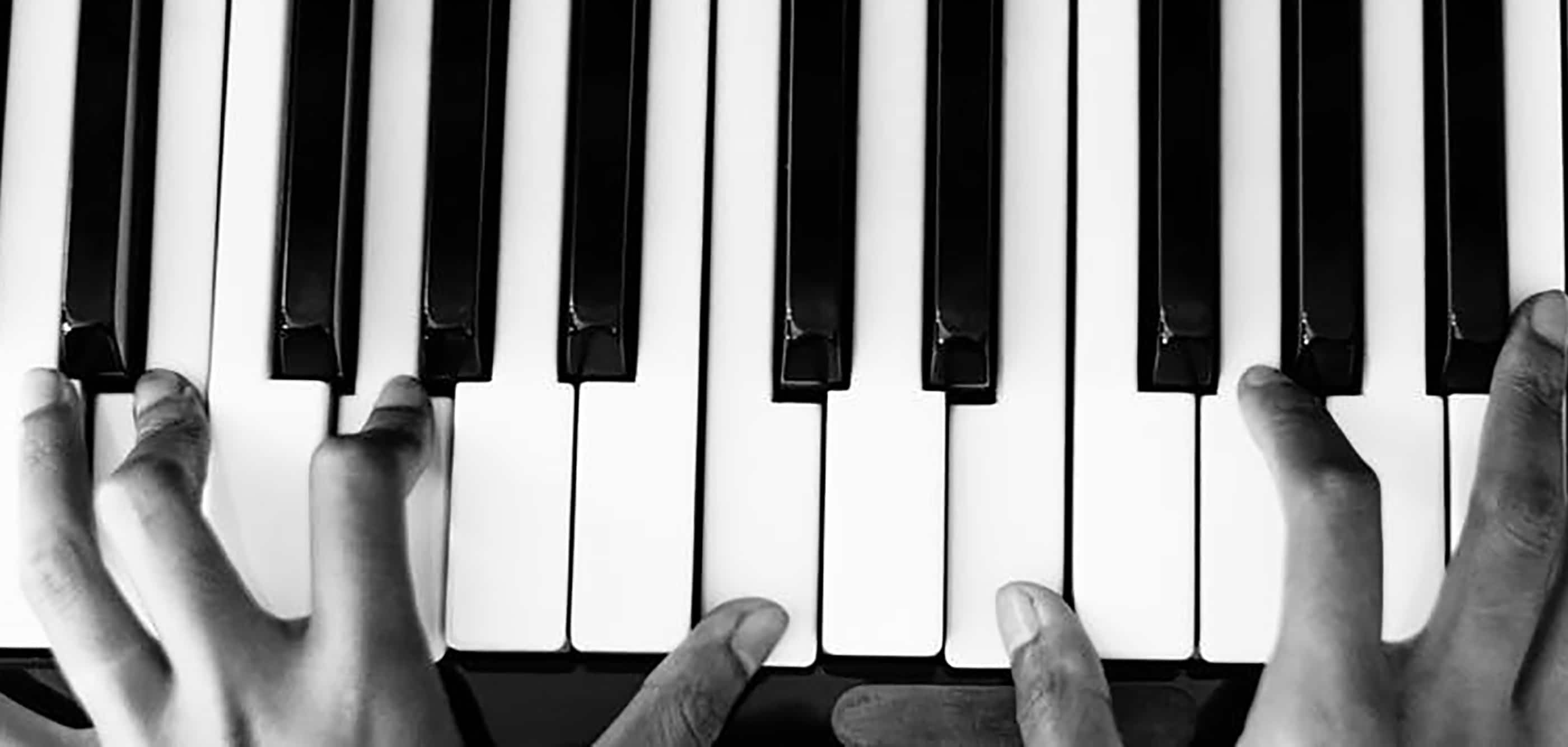
Podcast: Play in new window | Download
Subscribe: Apple Podcasts | Google Podcasts | Spotify | Email | RSS | More
Power of Permission
Episode #11 “Permission to Be Bad at Things” wraps up our Power of Permission Series. Permission is a power principle because too often we remain stuck in place waiting for someone else to give us permission to move ahead. The truth is that no one is a greater authority over my life than I am. No one has more power to decide what I can or can’t do than me. The Brooke Snow Podcast Episode 28 talks about Choosing You. She tells about composing an Opera in college and getting it performed on stage. After the performance, a fellow music student said, “I wish someone would ask me to compose an opera.” Brooke explained that no one had asked or even invited her to compose the score. She decided she wanted to do it and she gave herself permission to try.
Permission to Be Bad at Things
It is so hard to give ourselves permission to be bad at things. Now I’m not talking about being bad, like rob a bank or burn down a forest. I’m talking about wanting to learn to sing or play an instrument or write a book or learn to golf and recognizing that we are not very good. When I taught piano lessons, my adult beginning students struggled far more than my young beginning students. Adults don’t like begin beginners. We know how that Beethoven Sonata sounds, and we are painfully aware that our feeble attempts at plunking out Hot Cross Buns is miles aways from real music. We can see the end project and we want to be there now. It’s awkward and embarrassing to be a beginner.
Perfectionism Can Impede Growth
Now that you don’t have to be perfect, you can be good.
John Steinbeck in East of Eden
Knowing that we’re far from the final goal can prevent us from even starting. When we want desperately to be a good singer, a good writer, it is painful to be bad. And that is precisely why we must press forward anyway. In order to be good, we have to be bad first. There is no fast pass, no short cut to being an expert. In his book, Outliers, Malcolm Gladwell explains the theory that it takes 10,000 hours for a person to become an expert in any area. Of course there will be exceptions. There is natural aptitude to consider, but for the average person, 10,000 hours of practice is required to develop the skill, wire the brain, development the muscle memory, build vocal muscle or hand muscle or coordination . . . whatever is needed to perform any particular skill.
Write the First Bad Draft
I remember vividly my first writing class ten years ago. Our teacher tried to explain the long and painful road to becoming a published author. I scoffed at Malcolm Gladwell’s suggested 10 years. I genuinely believed I would write my story idea in a few months and spend one year perfecting it. Then I discovered the writing, like any art, takes practice, and training, and learning, and coaching. It was incredibly more challenging to get the “perfect” book out of my head on written on paper. In the process it became a jumble of restless words, which like wild horses, need to be tamed in order to be useful. I attended writing conference, glued myself in my writing chair day after day, asked people to read my rough drafts, sought critique, and did a lot of re-writing. As soon as I stopped trying to write the next best-seller and focussed on writing my next best draft, my writing sessions became more productive.
Show Up As You Are
Perfection can actually be boring. Have you experienced witnessing a feat performed so flawlessly that it looked too easy? Often, when a performer makes a mistake, we appreciate more the difficulty of what they’re attempting. So don’t be too worried about trying to be perfect, or famous, or gain fortune. Instead, go ahead and give your permission to try. Become an abecedarian, a word which means “to be a beginner.” Be willing to be bad at it and give yourself permission to keep being bad until you get better. Because you will improve. Give yourself the permission to be perfectly imperfect. Give yourself permission to be bad at something. Give yourself permission to be a beginner and to improve at your own rate. Give yourself permission to be proud of your accomplishments. Give yourself permission to be you.
